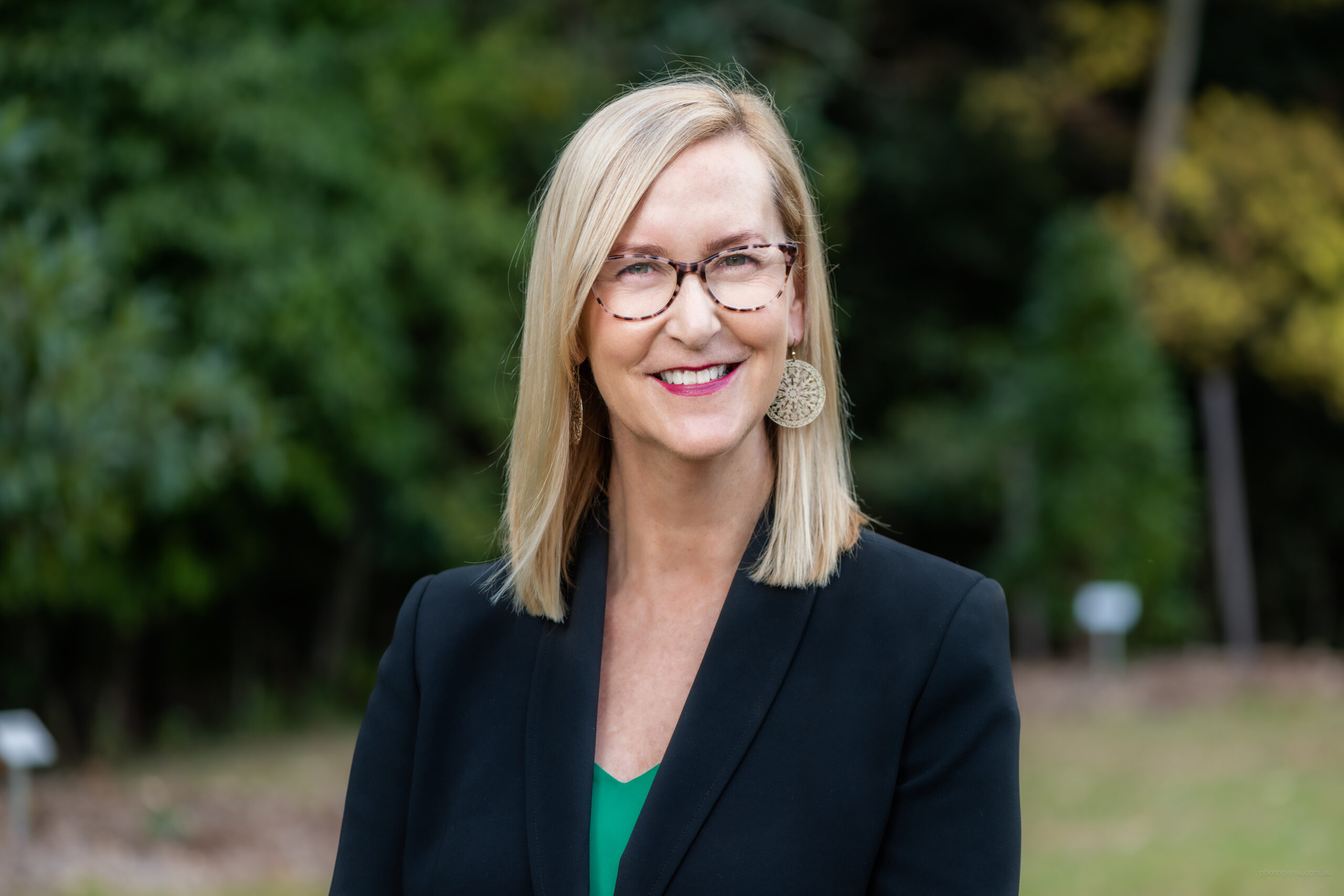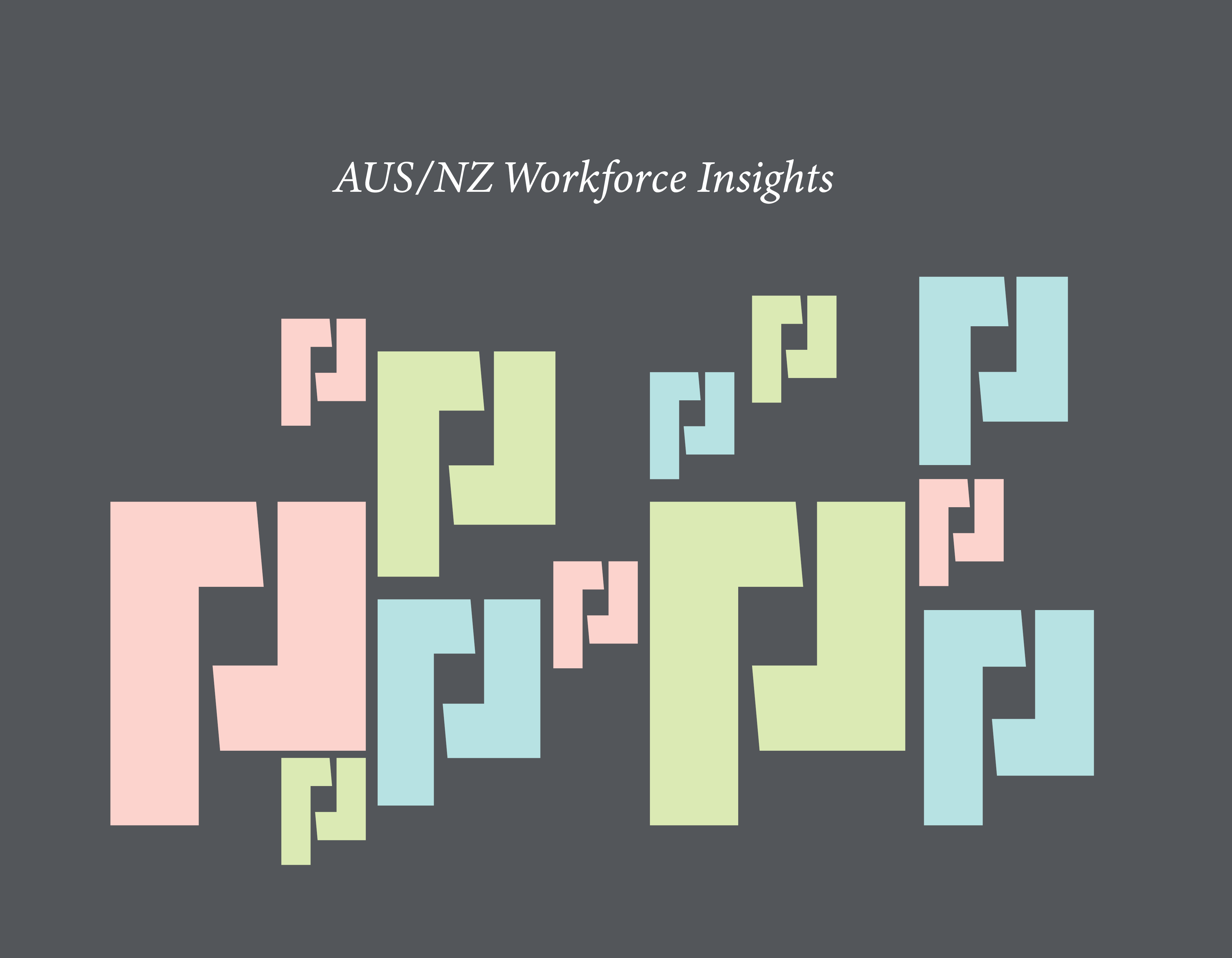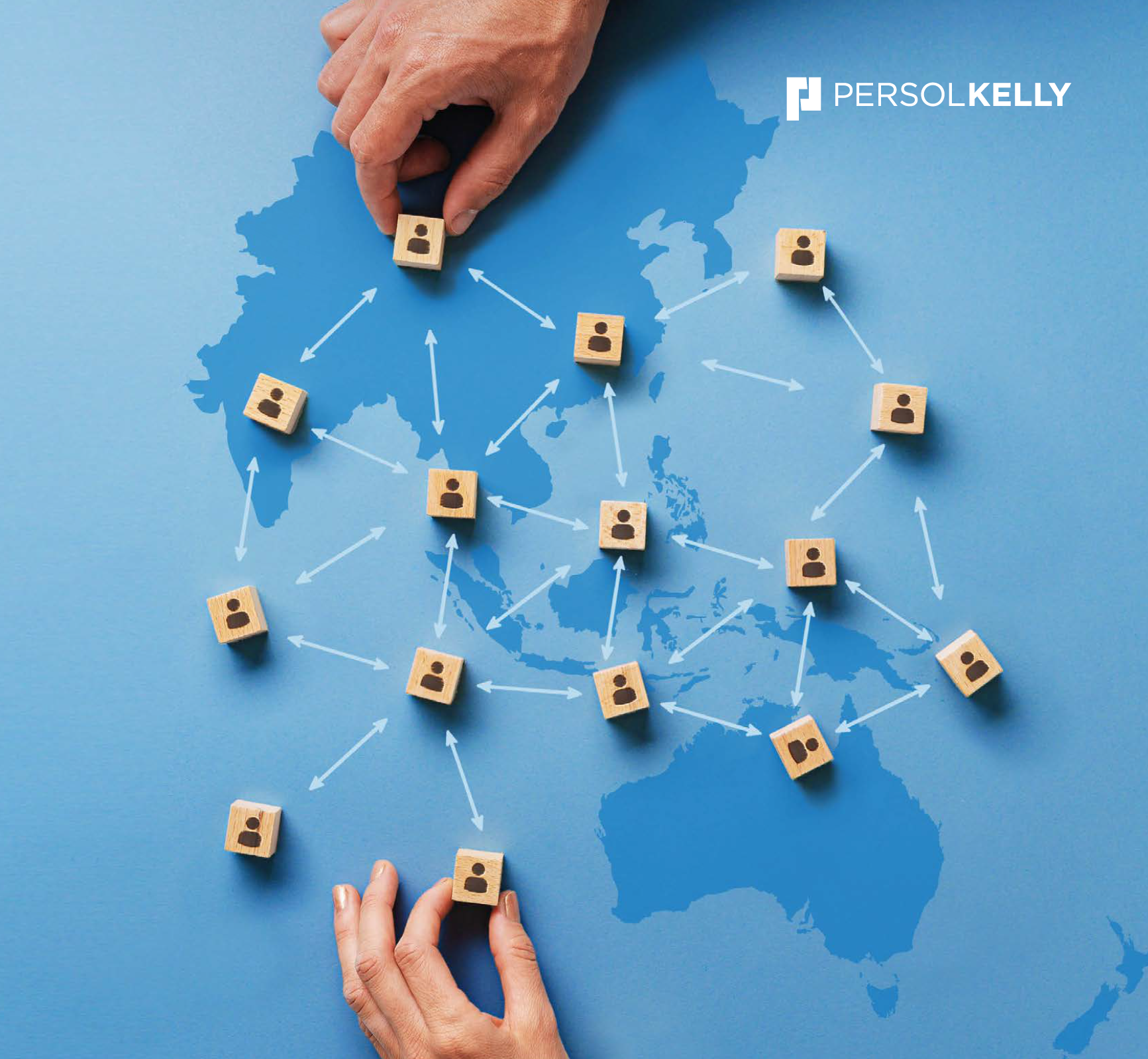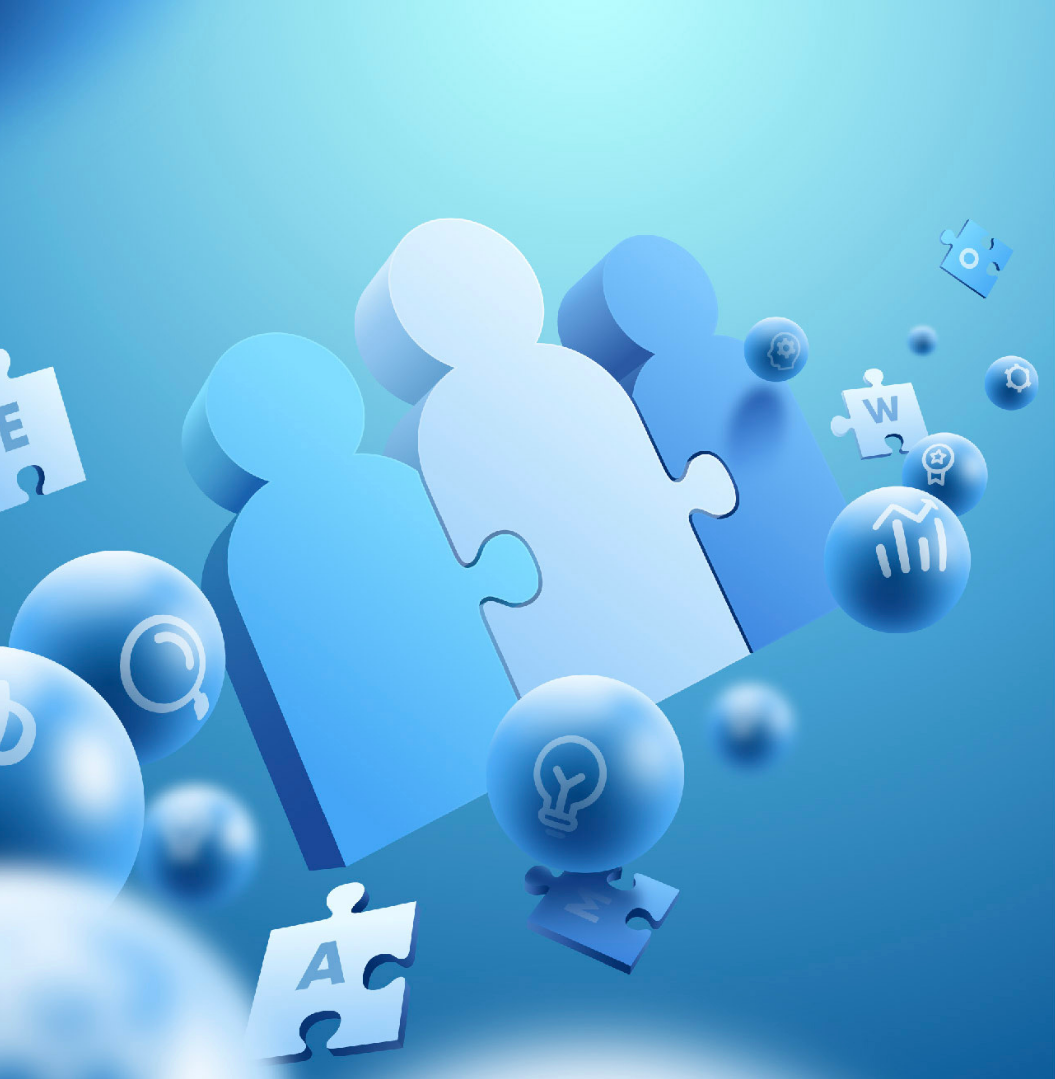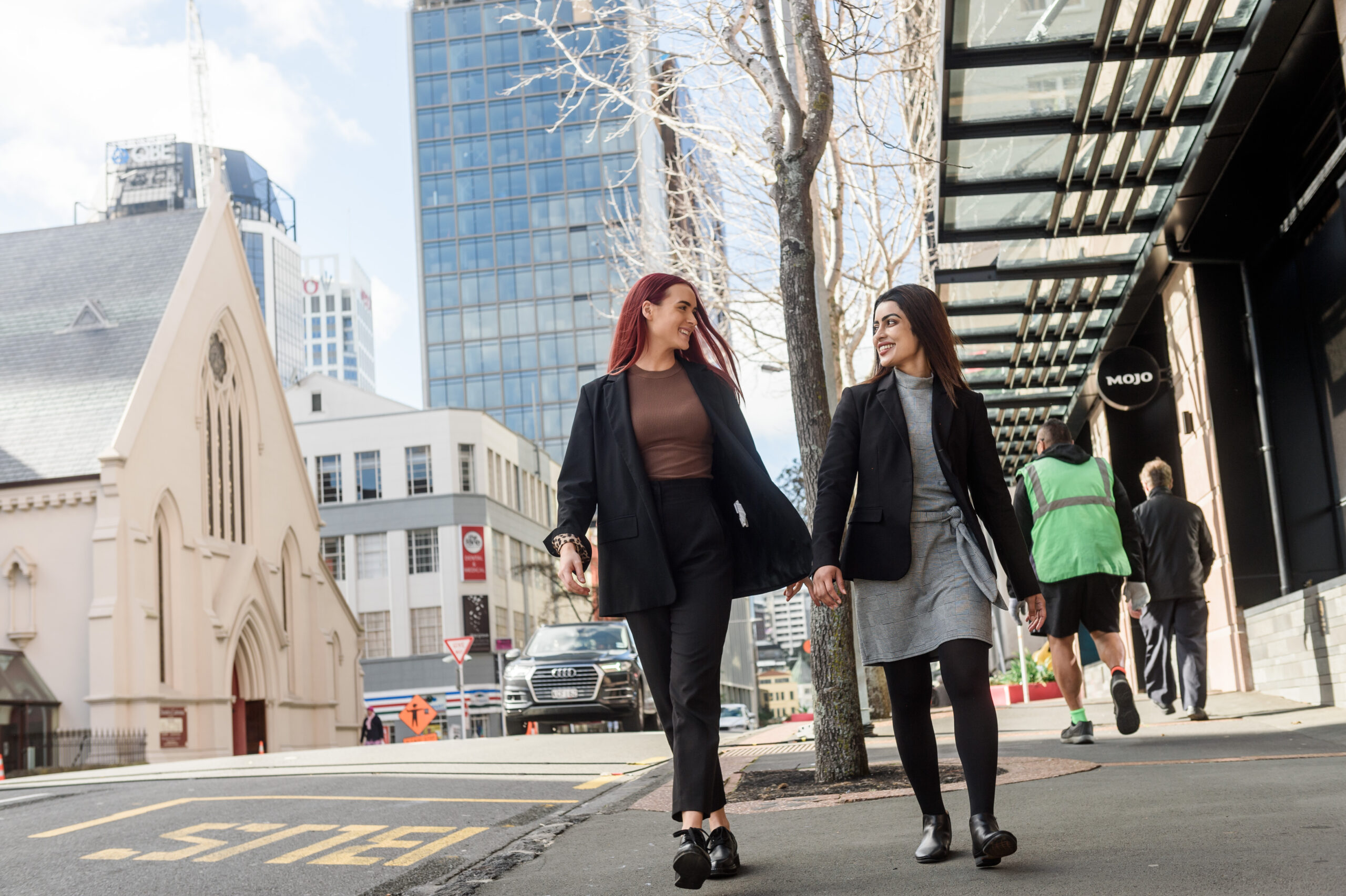Sandra Owens is CEO of two businesses – AccessOncology & ScienceToLife and has worked in Senior Executive roles for Sanofi, AstraZeneca, Merck and Johnson & Johnson across the Asia Pacific Region. We spoke to Sandra about her career in STEM, leadership and launching a business during a global pandemic.
You started Science to Life during a global pandemic. What was that experience like?
It was a little bit challenging but also fun. We were working with several European and American biotechs who placed their growth activities into hiatus during COVID for obvious reasons, so the clinical trials projects and some of the commercialisation projects we were working on essentially stopped.
My business partner and I decided to set up a virtual medical education business – ScienceToLife. We knew that life sciences teams and clinicians weren’t going to be able to travel overseas to listen to some of the new clinical research that was being presented, which they typically do several times every year.
In developing this business, we were able to bring some of the new research findings and data back to Australia and develop panels to have discussions about that data in the Australian clinical context.
We knew there was going to be a real need within the market here and there certainly has been.
We also understood that for the Science & Business Graduates of 2020, including those with a PhD who wanted to join the Life Sciences industry, opportunities may have been limited. So we developed courses to help them stand apart in the interview process by offering a thorough understanding of what it’s like to work in the industry and the sort of roles available to them.
It sounds like you were able to launch the new business quite quickly!
It was super quick. You didn’t need much other than your own concept and ideas on how to develop it and how to go out to the marketplace with the offering.
We talked to several people that we’d worked with previously to find out whether the need was there, and clearly it was, so we ran with it.
We partnered with a digital company who helped us develop some of the bespoke platforms that we needed to run the virtual symposia, both with international and national experts, and a different platform to run preceptorships.
The courses were developed by us, with input and interviews from professionals working within the industry.
The pandemic has driven a lot of change in the industry, notably the use of tech…
Yes, the digital side of improving healthcare for Australian and New Zealand patients has definitely shifted really quickly. For example, clinical trial patients no longer have to necessarily travel into hospitals for their regular checks, they can do that online.
It’s freed up a lot of thinking around how things can be done. That means we’re going to be able to deliver medicines to patients faster because at the end of the day, clinical trials should run faster in Australia. The use of artificial intelligence to select candidates for research as well as selecting the right patient for clinical trial will also speed up recruitment into trials.
It’s an exciting time to be working in this space…
Absolutely agree. At ScienceToLife, we decided to put together some virtual courses for people who wanted to move into life sciences, because it’s one industry that’s been growing throughout COVID. We also recognise that science graduates and PhDs might not have as many opportunities as they previously had, so we want to give them an insight into how life sciences works, as well as the types of companies and roles they can work within.
What drew you to the STEM industry and particularly, oncology?
I was originally working in the cardiovascular and respiratory field and was fortunate enough to be offered a role in oncology, which really sparked my interest because there’s so much going on in this field. There’s an incredible amount of research being developed, created, and made available. New molecules are reaching patients with cancer faster than ever before, which can really change lives.
In terms of getting out of bed every day and figuring out what your purpose is, it was very clear to me that this was something that really interested me. It’s very exciting to be able to make that sort of difference, right from early clinical trials, all the way through to commercialisation of treatments, diagnostics and making them available to patients.
Oncology became a huge passion of mine and has been for 25 years. Watching the whole field change enormously has been exciting.
What are some of the challenges you faced early on in your career and how have you overcome them?
Early on, I was one of the first women to work in life sciences, believe it or not. It was very much a male-dominated industry. That brought along some challenges regarding how much value I could add and the degree to which I was taken seriously in the field.
Once I’d worked in the field for a period of time, demonstrated my worth, and really figured out that I had to back myself, be my biggest advocate and not waiver from that, it got a little bit easier. People started taking me seriously.
Moving into some of the more senior roles, I remember there was a time when I was the only woman on the Executive Board. There were some issues there with other Directors, which I addressed. I stood in my confidence and I had a very supportive General Manager. Having that support and being able to have those discussions with him made an incredible difference. Build your mentors!
We addressed some of these issues and launched the first work-life balance program in the organisation. Some people didn’t think it was important at the time, but we ended up winning a national equality award for women, which I was really proud of on behalf of all the supporters in the business.
We also made some huge cultural changes within that business and because we focused on the culture, we shifted the growth patterns of that business back into double digits.
What advice would you have for women in this industry?
Watch leaders you admire, both men and women. I used to do this, I’d watch how they communicated, their behaviours and how they interacted with people. At the end of the day, it’s about those soft skills. Emotional intelligence is so important.
When you’re in a leadership position, try to be as visible as possible for people that are coming through. Be open to being a mentor and helping younger women with their challenges.
How did you find your confidence?
I think it’s incredibly important to be your authentic self in the workplace. You really won’t find your stride and your purpose until you can do that. If you can’t be your authentic self where you are, I would move. I moved several times to find that, because being in-flow while also being challenged is really important in your career.
What lessons are you learning now in this point in your career?
Leaving the corporate world and setting up my own business was a little bit scary at first because I didn’t know if I would succeed, but it seems like we’re generating enough value for people that need the services we’re offering. Staying flexible, especially in the COVID environment, has been important.
I left the corporate world, where I was trained to think a certain way, but now I have so many ideas and I have to choose the ones I think are going to add the most value. There’s only so much time in the day, so remaining flexible and open enough to that has been a key learning.
Find out more about Science to Life and Sandra Owens.
PERSOLKELLY is one of Australia and New Zealand’s leading staffing and recruitment providers. If you’re looking for work, explore our jobs, or register your details, search and apply for jobs on GO, available free from your App store. If you’re looking for staff, get in touch with us to find out how we can support your business with great people.
